The Afghan Taliban foreign minister, Amir Khan Muttaqi, arrived at the Deoband Islamic seminary in northern India to a warm welcome from students and teachers, marking a significant shift in the group's relations with the country. The visit, which took place last month, was seen as a message of defiance to Pakistan's powerful military, which had long been the Taliban's benefactor during their insurgency in Afghanistan.
The seminary, a spiritual source of the Taliban's conservative ideology, was a focal point of Muttaqi's visit. He was greeted by crowds of people who streamed past to catch a glimpse of him, and he stood for photographs with officials in New Delhi after they promised to elevate India's mission in Kabul to a full embassy for the first time in years. The visit was a significant development in the Taliban's relations with India, a country that had kept its distance from the group during their decades as an insurgency.
"This visit is a significant step in our relations with India," said a senior Indian government official, who spoke on condition of anonymity. "We have been working to strengthen our ties with the Taliban, and this visit is a reflection of our commitment to building a positive relationship with them."
The Taliban's relations with Pakistan have been strained in recent years, with the group accusing the country's military of interfering in their affairs. The visit to India was seen as a way for the Taliban to assert their independence from Pakistan and to demonstrate their willingness to engage with other countries.
The Deoband seminary, which was founded in 1866, is a major center of Islamic learning and has been a source of inspiration for many Islamist movements around the world. The Taliban's ideology is rooted in the Deobandi school of thought, which emphasizes the importance of Islamic law and the need for Muslims to defend their faith against external threats.
The visit to India was seen as a significant development in the Taliban's relations with the country, which had long been wary of the group's ties to Pakistan. India had provided significant support to the Northern Alliance, a coalition of anti-Taliban groups that fought against the Taliban during their insurgency.
The current status of the Taliban's relations with India and Pakistan is complex and multifaceted. While the Taliban have been critical of Pakistan's military, they have also sought to maintain good relations with the country. The visit to India was seen as a way for the Taliban to assert their independence from Pakistan and to demonstrate their willingness to engage with other countries.
As the Taliban continue to consolidate their power in Afghanistan, their relations with other countries will likely remain a key focus of international attention. The visit to India was a significant development in this regard, and it remains to be seen how the Taliban's relations with other countries will evolve in the coming months and years.
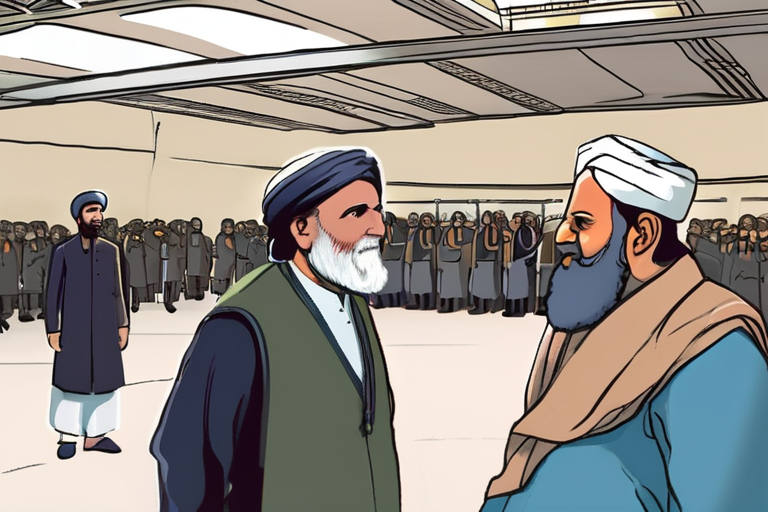






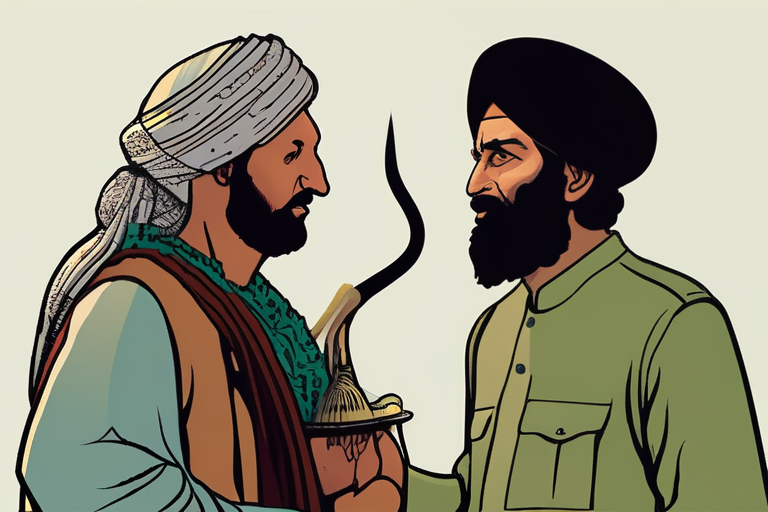
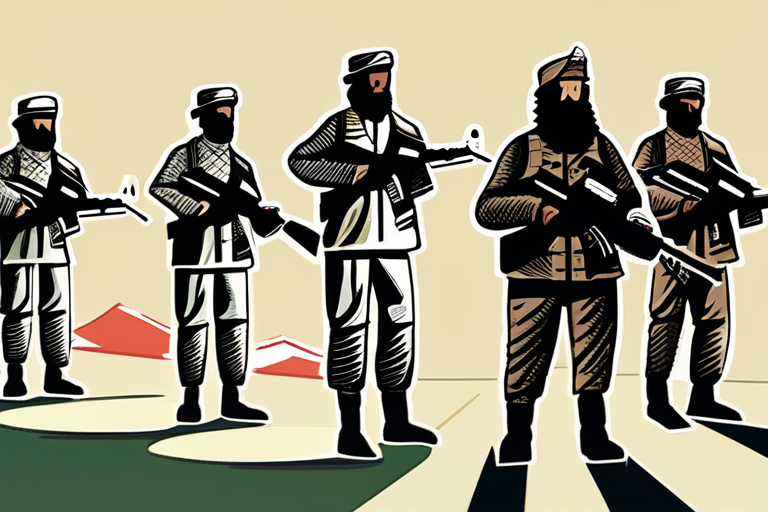
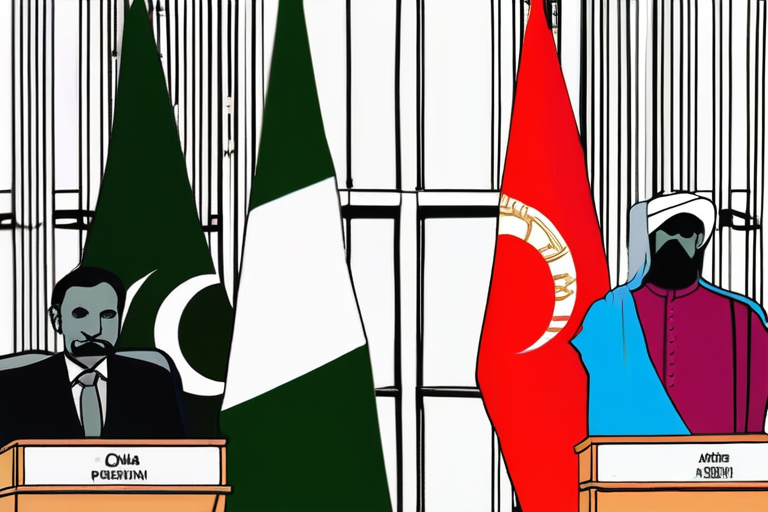

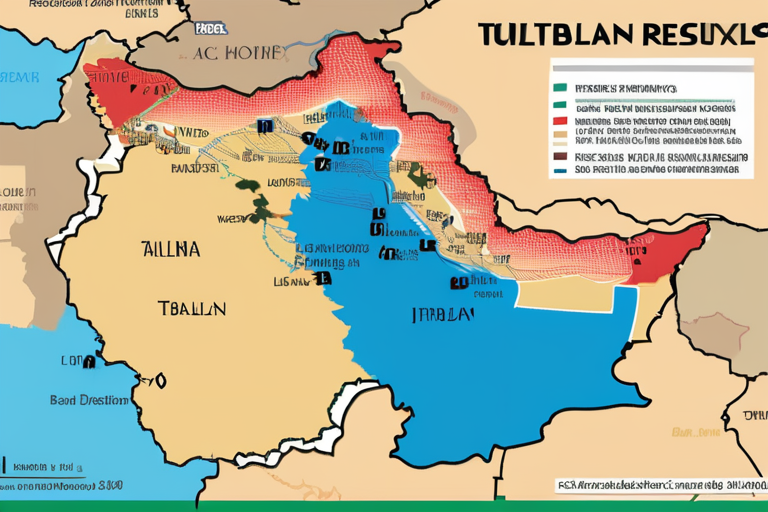





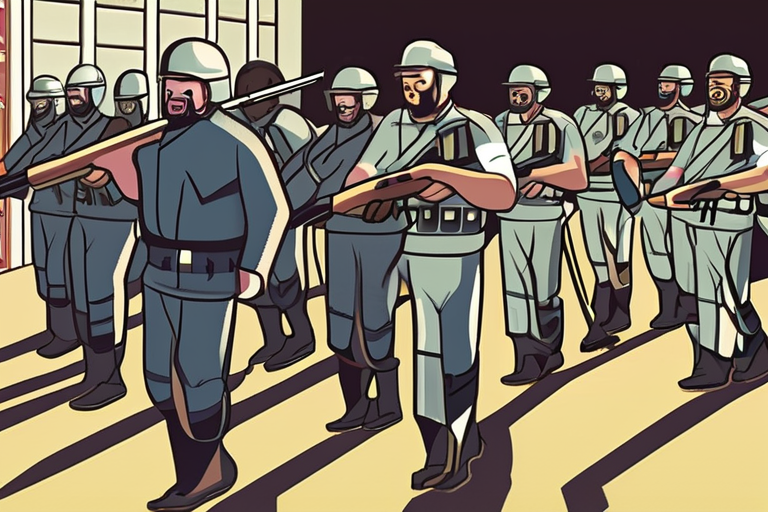

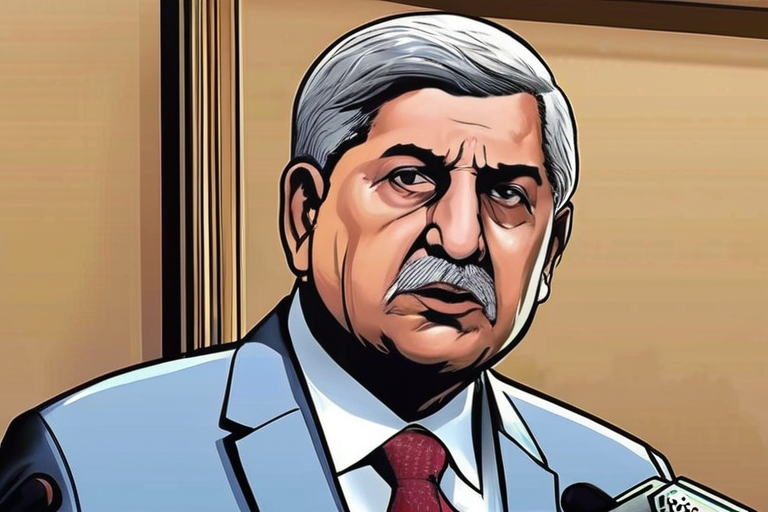
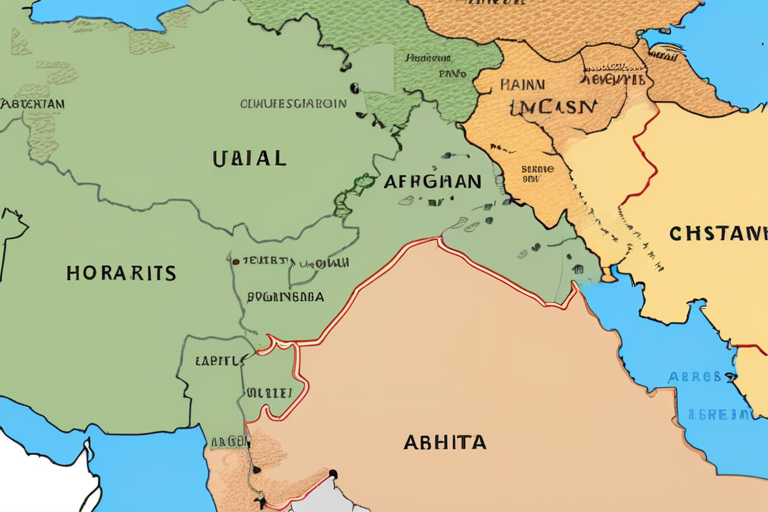

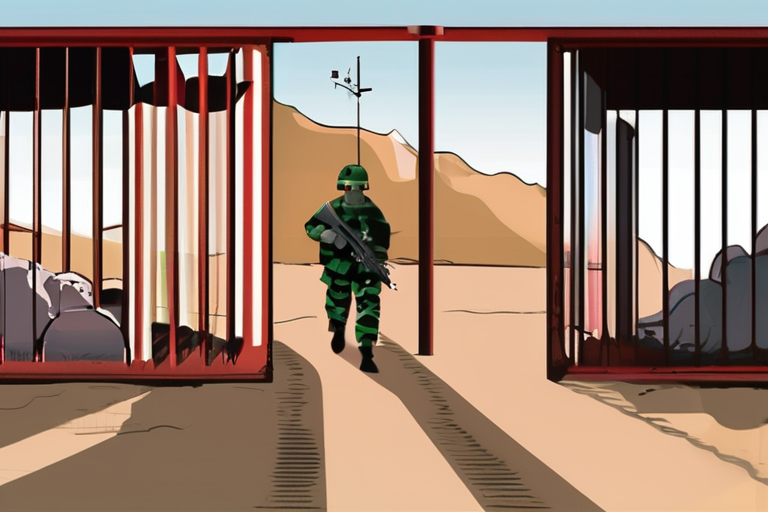

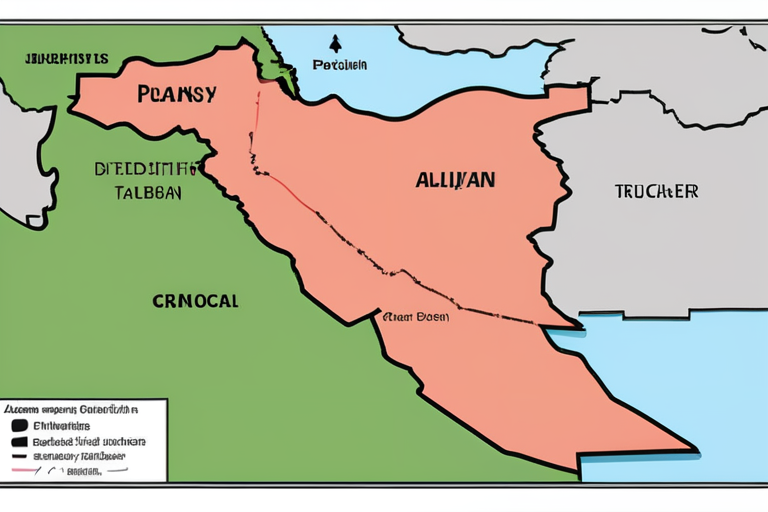

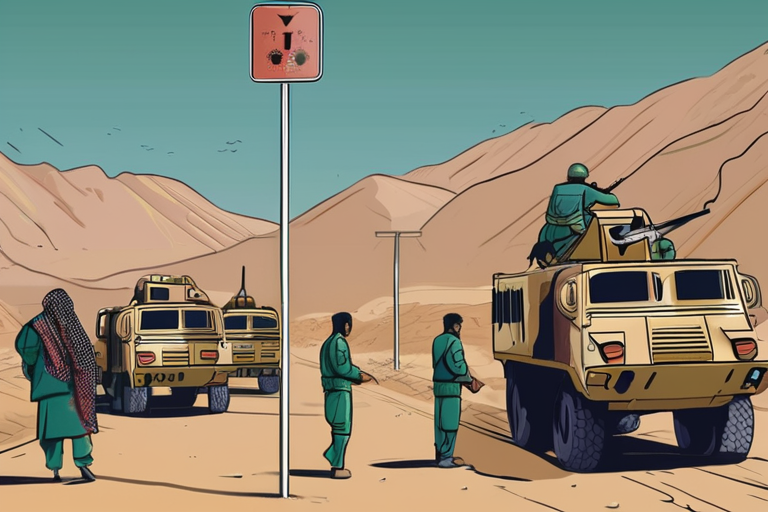
Share & Engage Share
Share this article